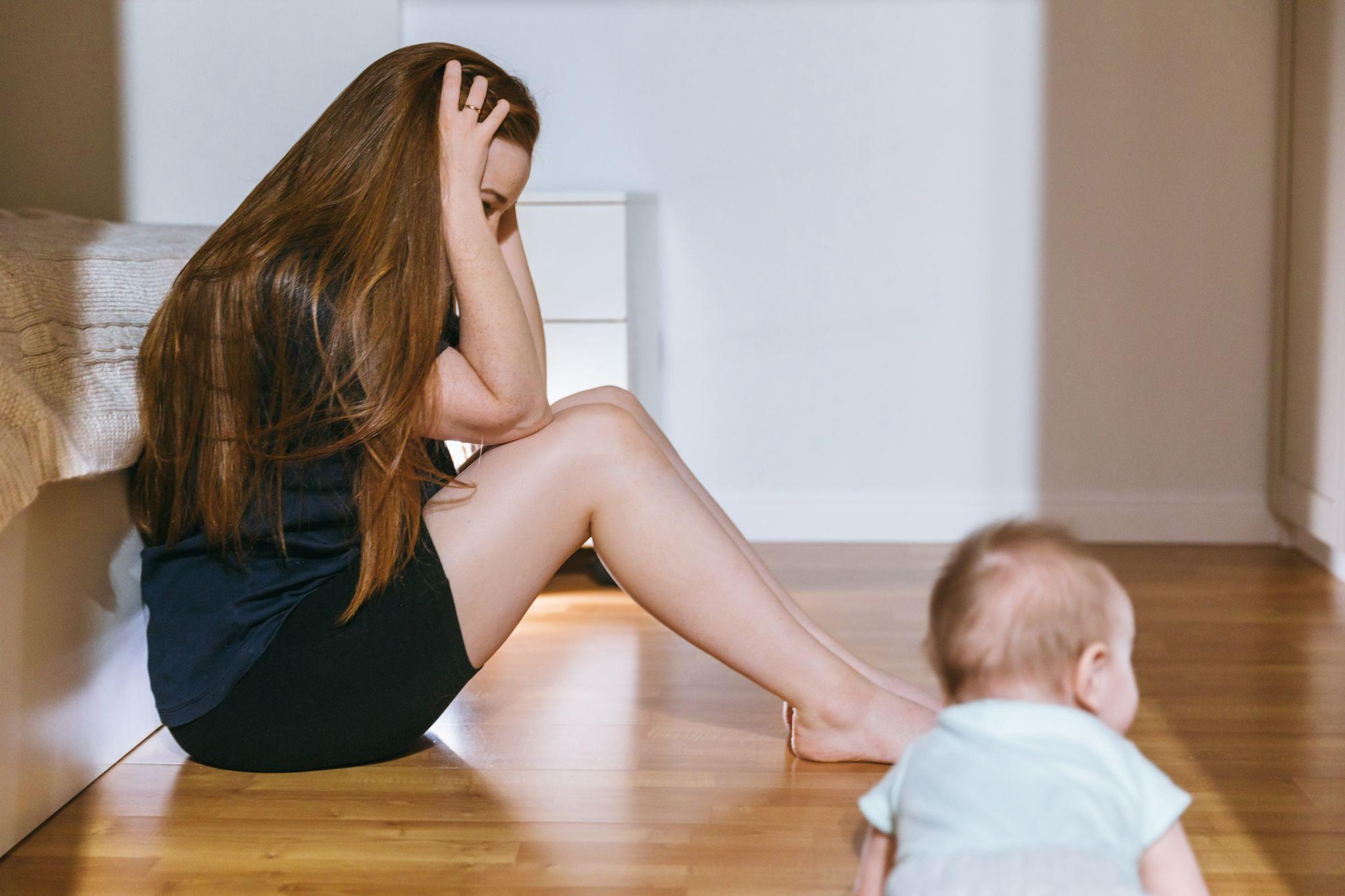Postpartum depression is a serious condition that affects many women after giving birth. It’s a type of depression that occurs within the first year after childbirth and can have a big impact on a mother’s well-being and family dynamics. Recently, people have been looking into whether there’s a connection between alcohol and postpartum depression. In this article, we’ll dive into the topic and provide insights into the effects of alcohol on postpartum depression.
Understanding Postpartum Depression
Before we talk about alcohol’s potential role in postpartum depression, let’s understand what it is. It’s a mood disorder that often makes women feel sad, anxious, and hopeless after having a baby. It’s more severe and long-lasting than the “baby blues,” which are milder mood swings that go away quickly after childbirth.
Postpartum depression can show up in different ways, like losing interest in things, changes in appetite, trouble sleeping, feeling tired, getting easily irritated, and feeling worthless. In some cases, women may even have thoughts of hurting themselves or the baby. It’s a complex condition influenced by physical, emotional, and social factors.
The Impact of Alcohol on Postpartum Depression
Let’s now talk about alcohol and its potential impact on postpartum depression. It’s important to note that the relationship between the two is complex, and research has given mixed results.
How Alcohol Might Affect Postpartum Depression
There are a few ways alcohol could potentially affect the development or worsening of postpartum depression. Alcohol is a depressant that affects the central nervous system. Drinking too much or frequently can disturb the balance of brain chemicals that regulate mood and emotions. Moreover, alcohol can disrupt sleep patterns, which are already disturbed in new mothers.
In addition, if a woman misuses alcohol, it can make her feel guilty, ashamed, or inadequate. These feelings can intensify the symptoms of postpartum depression and make recovery more difficult.
Seeking Support Is Essential
Regardless of the potential connection between alcohol and postpartum depression, what matters most is supporting and helping new mothers. If you or someone you know is experiencing symptoms, it’s crucial to seek help from healthcare professionals who specialize in perinatal mental health. They can provide proper diagnosis, treatment, and support.
Postpartum depression is a complex condition that affects many women after childbirth. While the relationship between alcohol and postpartum depression is still being studied, it’s important to approach the topic with caution and understand the limitations of the research. Remember, if you or someone you know is struggling with postpartum depression, seeking professional support is crucial for a proper diagnosis, treatment, and recovery.
Getting through postpartum depression may be challenging, but with the right support and interventions, it’s possible to overcome this condition and find healing and well-being. Don’t let postpartum depression hold you back from enjoying the precious moments with your baby and finding joy in motherhood.
Get the Help You Need at Newport Beach Recovery Center
Take that courageous step towards seeking assistance and reclaiming your happiness. Contact Newport Beach Recovery Center today and let us guide you on the path to healing. Remember, you don’t have to face postpartum depression alone. Newport Beach Recovery Center is here to support you every step of the way.




